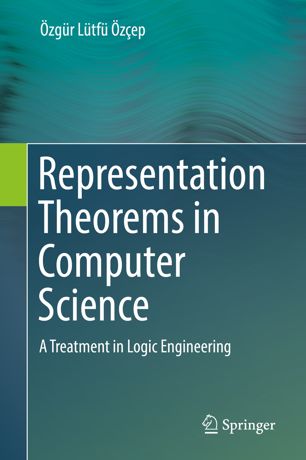

Most ebook files are in PDF format, so you can easily read them using various software such as Foxit Reader or directly on the Google Chrome browser.
Some ebook files are released by publishers in other formats such as .awz, .mobi, .epub, .fb2, etc. You may need to install specific software to read these formats on mobile/PC, such as Calibre.
Please read the tutorial at this link: https://ebookbell.com/faq
We offer FREE conversion to the popular formats you request; however, this may take some time. Therefore, right after payment, please email us, and we will try to provide the service as quickly as possible.
For some exceptional file formats or broken links (if any), please refrain from opening any disputes. Instead, email us first, and we will try to assist within a maximum of 6 hours.
EbookBell Team

4.7
16 reviewsFormal specifications are an important tool for the construction, verification and analysis of systems, since without it is hardly possible to explain whether a system worked correctly or showed an expected behavior. This book proposes the use of representation theorems as a means to develop an understanding of all models of a specification in order to exclude possible unintended models, demonstrating the general methodology with representation theorems for applications in qualitative spatial reasoning, data stream processing, and belief revision.
For qualitative spatial reasoning, it develops a model of spatial relatedness that captures the scaling context with hierarchical partitions of a spatial domain, and axiomatically characterizes the resulting relations. It also shows that various important properties of stream processing, such as prefix-determinedness or various factorization properties can be axiomatized, and that the axioms are fulfilled by natural classes of stream functions. The third example is belief revision, which is concerned with the revision of knowledge bases under new, potentially incompatible information. In this context, the book considers a subclass of revision operators, namely the class of reinterpretation operators, and characterizes them axiomatically. A characteristic property of reinterpretation operators is that of dissolving potential inconsistencies by reinterpreting symbols of the knowledge base.
Intended for researchers in theoretical computer science or one of the above application domains, the book presents results that demonstrate the use of representation theorems for the design and evaluation of formal specifications, and provide the basis for future application-development kits that support application designers with automatically built representations.